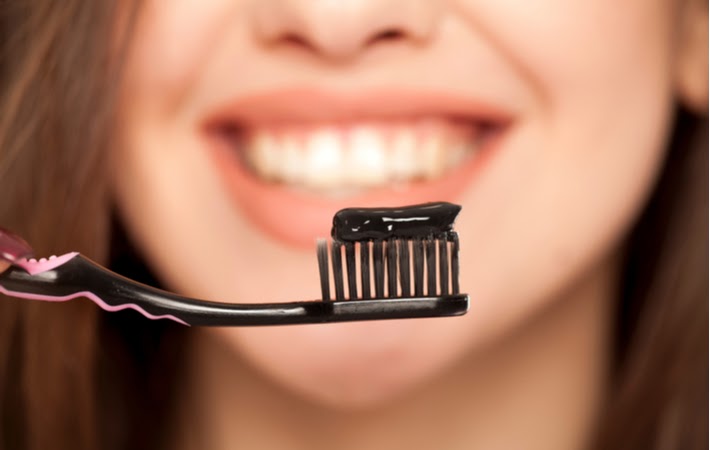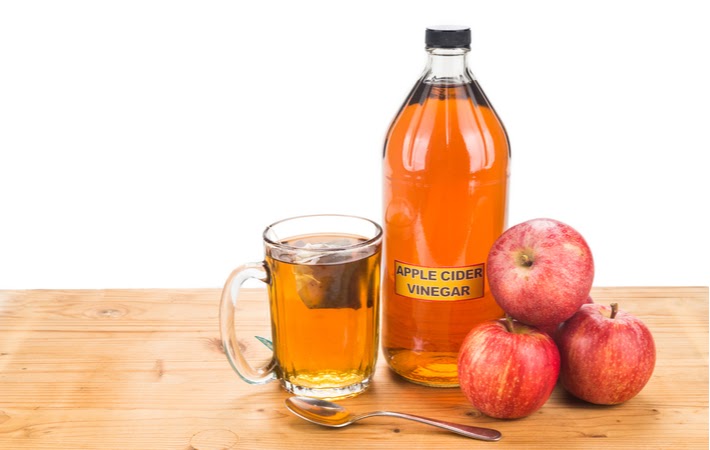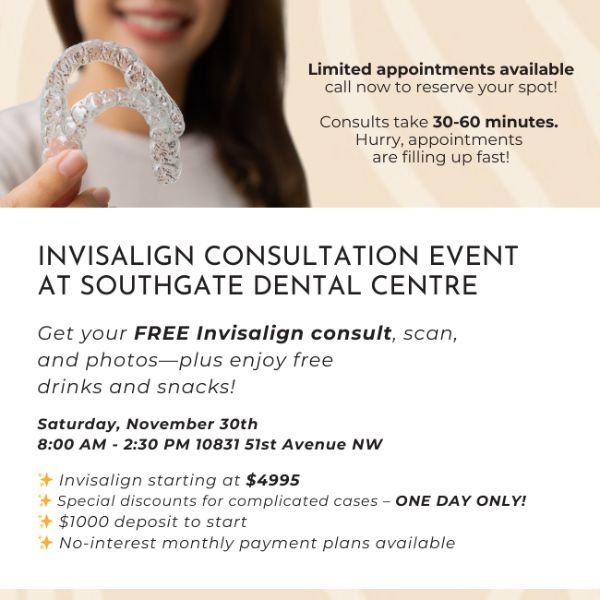Today there are trends for almost everything: nutrition, fashion, tech, and even teeth. And with the advent of social media, these trends quickly gain traction and permeate into popular culture at lightning speed. After all, when you see your favourite celebrity sharing their teeth cleaning secrets and showing off their pearly whites (think: How Does Julia Roberts Get That Megawatt Smile?) what can possibly be the harm? Turns out, potentially a lot. So it’s important to take a pause and remember that just because people are doing it, doesn’t necessarily mean you should.
So then which teeth cleaning and whitening trends are helpful? And which should you steer clear from? We break it down for you.
The Warm Lemon Water Trend
Social media is ripe with celebrities boasting the benefits of drinking a glass of lemon water first thing in the morning. It aids in nutrition, it boosts the immune system, it’s packed with vitamins! And while all of that may be true, it is silently doing damage to your teeth.
Highly acidic, lemon can actually break down your tooth enamel. And once your enamel is compromised, bacteria forms and tooth decay ensues. And if you are participating in this daily routine, your teeth could be in jeopardy.
VERDICT: Lemon is not the enemy: it isn’t necessary to abstain from lemon-wedge free water every time you dine out. However, the daily lemon water trend is one to avoid – this amount of acidity will, in time, have an affect on your tooth enamel and therefore, your overall dental health.
Activated Charcoal Whitening
Activated charcoal is a popular trend both for teeth cleaning and as a whitening agent. Customarily sold as a stand alone product, a few well known dental brands have recently incorporated charcoal into their popular products. But does it work? And is it safe?

Because of its abrasive, gritty texture, using activated charcoal can undeniably make your teeth feel clean. And its inky black colour can bring out the whitish flow of your teeth once the charcoal is washed away.
That said, according to The American Dental Association (ADA), activated charcoal can wear away enamel. Furthermore, recent studies fail to substantiate the safety and efficacy claims of charcoal and charcoal-based dental products.
VERDICT: Since there is little to no evidence that activated charcoal can help or hurt your smile, we recommend steering clear. However, if you choose to use it, use only as a supplement to your regular dental regiment. Note that it is always wise to double check with your dental professional first.
Oil Pulling
While a relatively new trend, the practice of oil pulling is an Ayurvedic medicine that has been around for centuries. It involves swishing a small amount of coconut oil in your mouth for 20 minutes. But why? It is believed to whiten teeth, help with bad breath, and improve overall dental wellness.
Citing a lack of scientific data, the American Dental Association (ADA) has stated that studies to date have not proven that oil pulling reduces cavities, whitens teeth or improves overall oral health. Therefore, they do not recommend oil pulling as a reliable or effective dental hygiene practice.
VERDICT: We agree with the ADA on this one. Until more reliable studies are done, we recommend sticking to brushing with flouride toothpaste and regularly flossing your teeth.
Brushing With Baking Soda
While arguably not a trend – baking soda has been associated with dental care for ages – baking soda seems synonymous with dental hygiene. In fact, most leading toothpaste brands now feature baking soda as an active ingredient. So is it safe?
The fast answer is yes. A small amount of baking soda in toothpaste cannot harm your teeth and in fact, has been shown to remove plaque at a faster rate than non-baking soda toothpastes. However, keep in mind that the amount of baking soda in toothpaste is carefully measured and controlled – so when used on its own the adverse can be true. Baking soda is an abrasive substance by nature, and when used alone, it can erode your tooth enamel, a precious tissue that cannot regenerate once it is damaged.
VERDICT: If you choose to use baking soda in your teeth cleaning regiment, stick to toothpaste that contains it as an active ingredient. Using it on its own can be risky and can do more harm than good.
Apple Cider Vinegar
As with all trends, apple cider vinegar is having its moment. Touted as safe and effective for both brushing and whitening, its increased use as a dental product is making some dental professional cringe.

Like lemon and other citrus fruits, vinegar agents are highly acidic. As explained here, apple cider vinegar is twice fermented apple juice, has a very low ph level, which equates to a very high level of acidity. When used on the teeth, especially undiluted, it can weaken tooth enamel and lead to tooth decay.
VERDICT: While there is evidence that apple cider vinegar can be beneficial for weight loss, lower blood sugar levels, and reduced cholesterol, the damage it can do to our teeth cannot be ignored. While ingesting small and infrequent amounts diluted in water likely cannot hurt, we recommend you rinse your mouth with fresh water after drinking apple cider vinegar or other acidic food or drink.
Swishing With Hydrogen Peroxide
While hydrogen peroxide is a popular and effective ingredient in many teeth cleaning and whitening products, the trend of rinsing or gargling with a mix of liquid hydrogen peroxide and water is fairly new.
The bottom line is that hydrogen peroxide can be dangerous if not used in moderation and in safe, regulated amounts. Not only is there the danger of ingesting it, but large concentrations can irritate the gums, lead to tooth sensitivity, and erode tooth enamel.
When used in an over the counter tooth whitening kits, or professional dental whitening applications, hydrogen peroxide can be safe and highly effective. Using it on your own however, without the proper ph concentrations and instructions, can lead to teeth complications.
VERDICT: Stick to using hydrogen peroxide only in products that have been approved by the American Dental Association or other leading dental authority and under the guidance of your dental professional.
Conclusion
Trends will come and go. It’s important to talk to your dental professional about the benefits and risks before you partake.
What’s important is to continue brushing your teeth twice a day with a fluoride toothpaste, flossing regularly, staying away from starchy and sticky foods, and perhaps most importantly, regularly see your dentist for regular dental exams and professional teeth cleanings.


